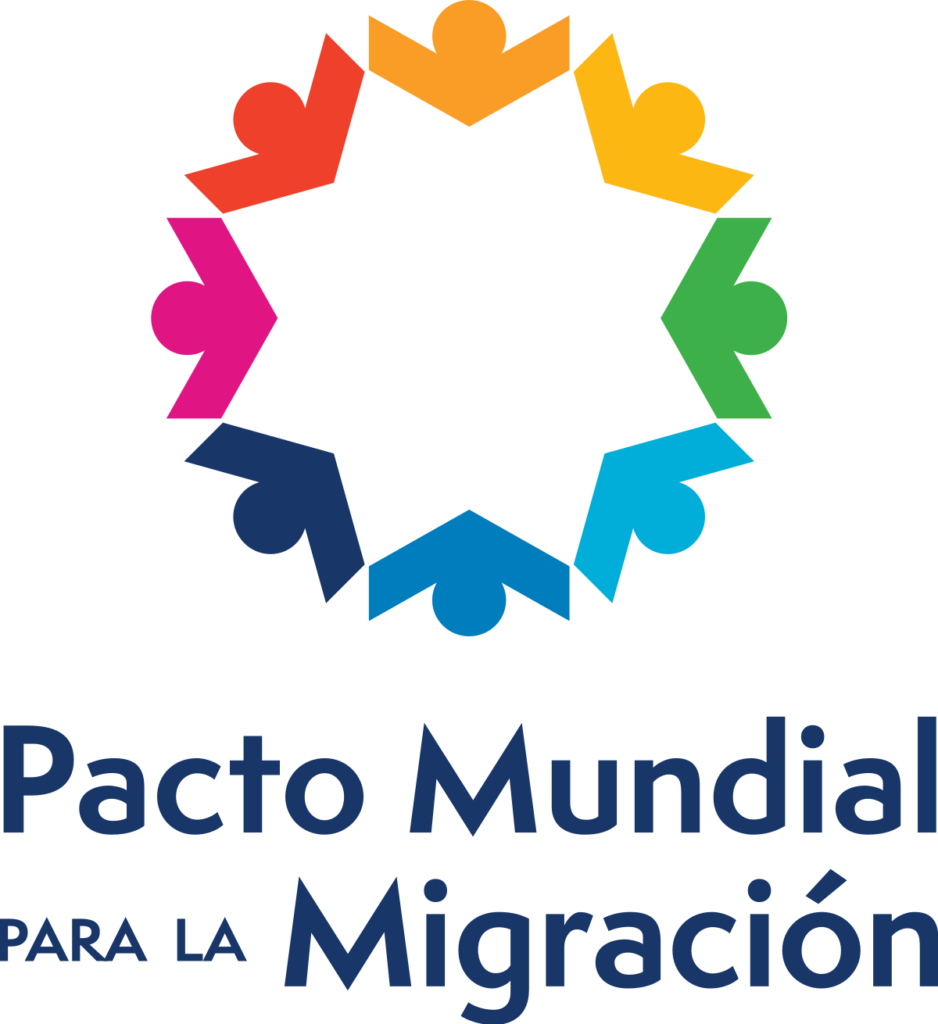Plan of action adopted by the member countries of the United Nations system in favor of people, planet and prosperity. It is based on 17 Sustainable Development Goals (SDGs), to ensure inclusive social and economic progress in harmony with the environment, leaving no one behind. With these principles, the initiative works especially on SDG 10.7 aimed at facilitating orderly, safe, regular and responsible migration and mobility of people, through the implementation of planned and well-managed migration policies, as well as SDG 11, which focuses on making cities and human settlements more inclusive, safe, resilient and sustainable.






